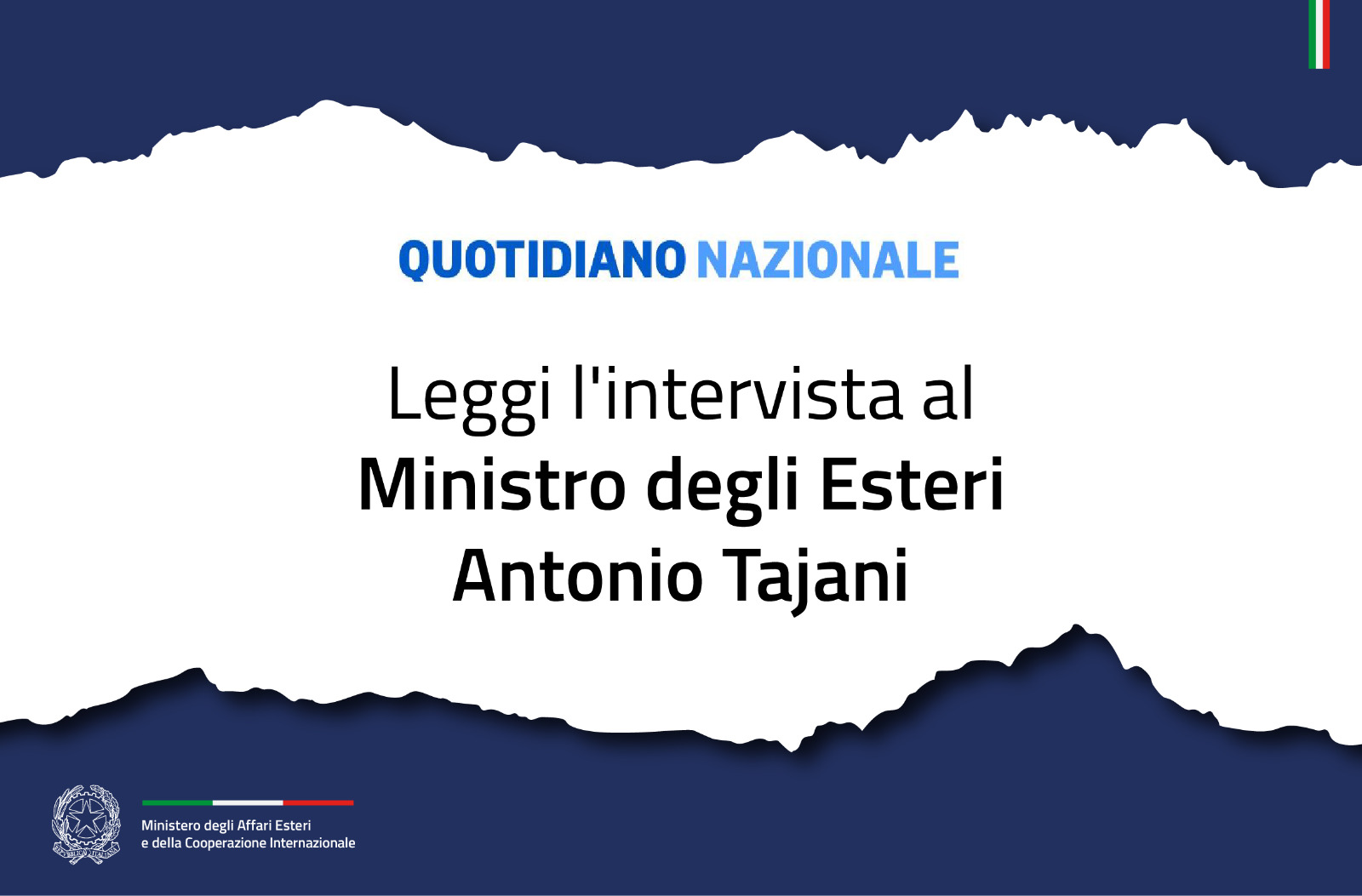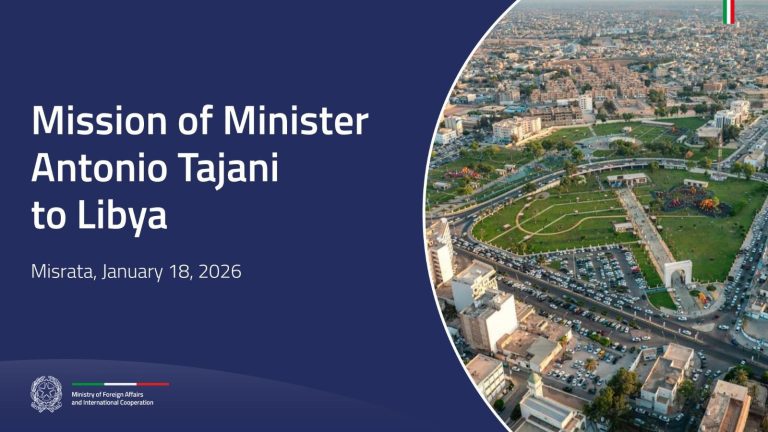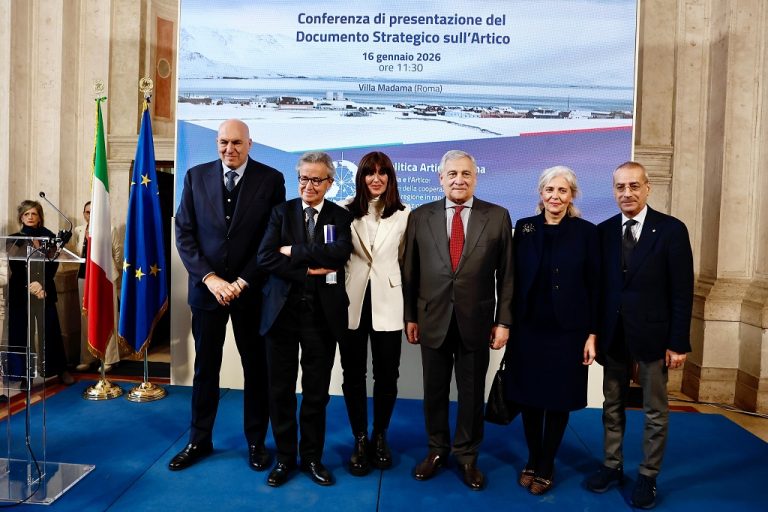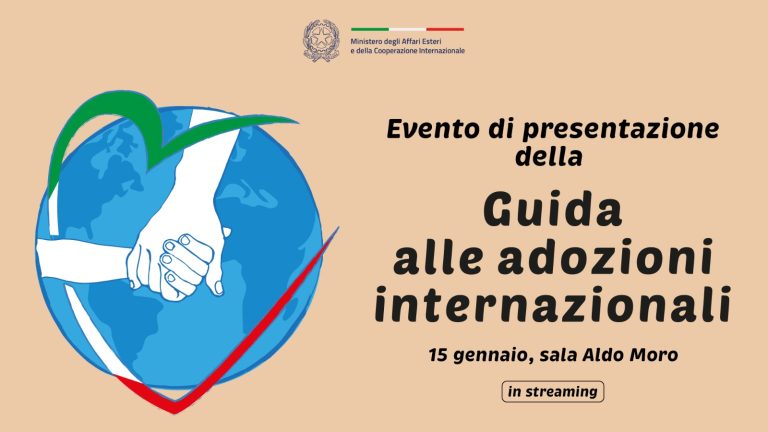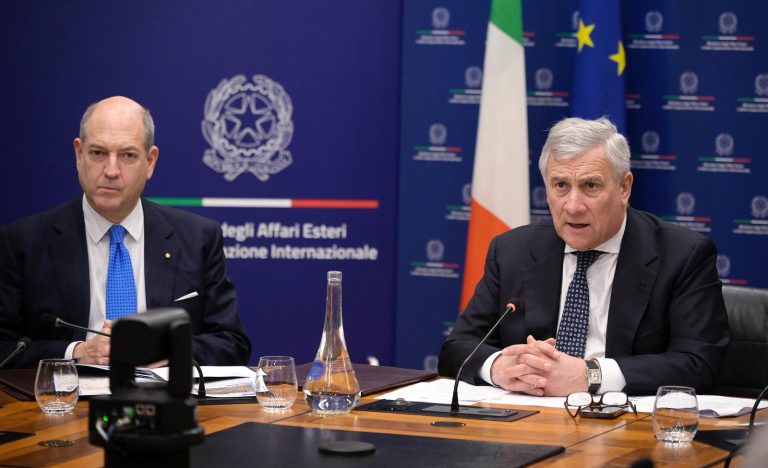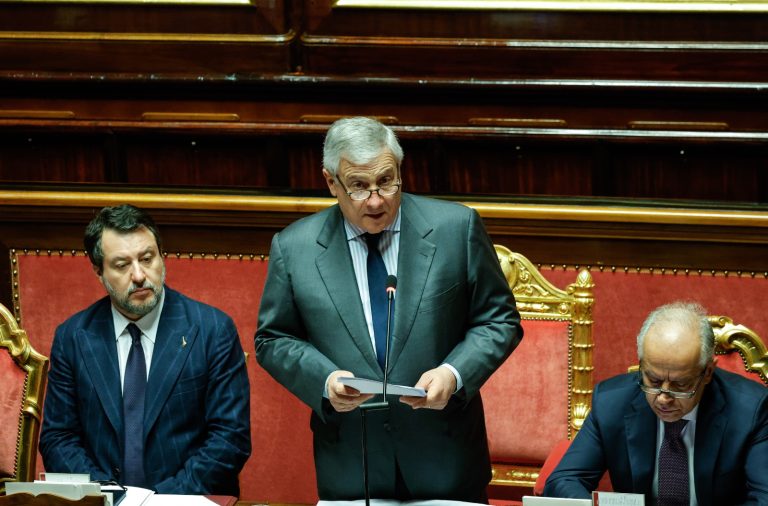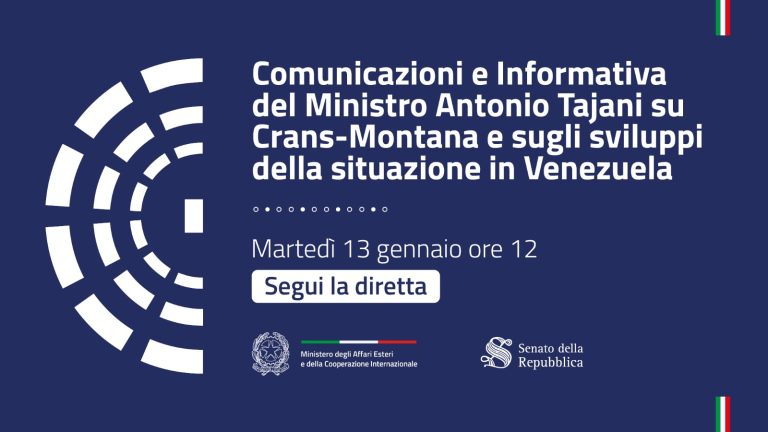ROME. Caught for months between tariffs, winds of war, and peace agreements, plus a long series of electoral tugs-of war at home, not even his detractors can say that Antonio Tajani has had an easy life in recent days. Yesterday was no different. It began in the morning with the Council of Ministers’ adoption of the budget package, followed by a press conference, and concluded with the heartbreaking State funeral for the three Carabinieri who died in Castel d’Azzano.
Tajani, you were there as Deputy Prime Minister, Foreign Minister, and Forza Italia Secretary: what feelings did you experience in that church?
“A profound sadness for those three servants of the State, but also a great sense of solidarity and closeness. All of Italy gathered in church around the bodies of three men who gave their lives to uphold the law. Minister Crosetto is right: their names will remain alive. They sacrificed themselves for all of us.”
Your day began with the budget law. You said you were satisfied, but the disputes of the past few days are undeniable.
“I am sincerely satisfied with this budget law, because all of Forza Italia‘s requests have been met, but above all because we have launched a budget manoeuvre with a vision. It is very important that DBRS has raised Italy’s rating to “A” and used words that simply express what we are trying to do: the current government is proving to be stable and credible; Italy is enjoying a period of political stability that ensures greater credibility in its budget policies.”
Did everyone stake their own claims?
“No claim, but the opposite: I repeat, there is a vision for Italy and society that has lasted for three years and, from 2027, will hopefully last for another five years.”
Healthcare, the middle class, and wages are the three sectors Forza Italia has championed.
“We are firmly convinced that reducing the tax burden by cutting the personal income tax rate (IRPEF) from 35% to 33% for the middle class can foster growth. Similarly, with a view to increasing the purchasing power of lower-wage earners, we have decided to make the pay rises envisaged in the 2025/2026 national labour agreements tax-exempt for salaries up to €28,000. We have sent strong signals to companies with measures worth €8 billion and have suspended two long-opposed taxes, e.g. the plastic tax and the sugar tax. We have confirmed the Special Economic Zone (SEZ) for the Umbria and Marche Regions with €2.3 billion. Healthcare is a separate issue.”
Let us talk about this latter issue.
“Our plan includes approximately €7 billion more to hire more doctors and nurses and for the payback for pharmaceutical companies. This measure follows up what has already been done by Minister Zangrillo, who liberalized pharmacy services, and Minister Bernini, who abolished the medical school entrance exam.”
Another criticism levelled at the government is that these increases are just a few pennies.
“These are lower amounts than we would have liked to allocate, but they are not one-off bonuses. They are rather structural increases that will be combined with those already achieved in previous years and will be added to those to come. The vision is systemic.”
Speaking of bonuses, the 110% is the spectre that also haunts this measure.
“Bonuses and super bonuses do not solve Italians’ problems. Too much money was granted and often ended up in the wrong pockets. We are still bearing the brunt of that measure.”
There is not even a tax on banks’ extra profits, as desired by Salvini’s Lega and strongly opposed by you.
“Extra profits do not exist. Profits exist, and they are taxed. Ours is a matter of principle, but also of economic stability. Punitive attitudes are demagogic and even frighten markets. Markets that, over the last three years, have been rewarding us for the newfound stability of our accounts. Fortunately, the Prime Minister has been clear: there will be crucial contributions from banks and insurance companies again this year. But no tax on extra profits.”
Speaking of the Prime Minister, a dinner at her home was crucial this year, too, in quelling the controversy.
“We discuss, even heatedly, but when we sit down to find a solution, we find it. That is how it went this time, too.”
Are you still worried about tariffs?
“They worry us and companies. But we have launched a strategy to recover from the inevitable decline in exports, and the reform of the Ministry of Foreign Affairs and Embassies also plays a significant role in this regard, as they will be genuine platforms for supporting Italian companies abroad. The goal is to reach €700 billion in exports per year.”

